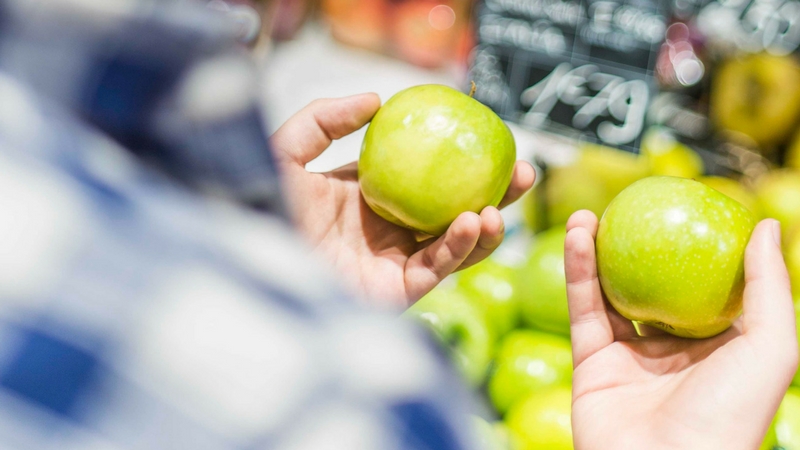This One Will Do: Decision Fatigue
Episode #9 of the course How cognitive biases are messing up your decisions by Abasi Latcham
Hi there! Let’s talk about decision fatigue.
What Is It?
Decision fatigue refers to the situation that occurs when you’ve made too many choices, so you either refuse to make more or make progressively poorer ones.
Making decisions involves evaluating costs and benefits, which is psychologically taxing. Over a period of decision making, your brain loses its ability to make comparisons and trade-offs, eventually leading to poor decisions or decision avoidance (The Economist echoes that this is a major problem for people living in poverty, because their resource constraints require them to make more choices than people living in affluence, which accelerates the onset of decision fatigue).
Decision fatigue is related to choice overload, where the brain has to decide between too many choices and just says, “Nope!”
Decision fatigue is visible in the study of parole hearings. A group of Israeli judges were followed for ten months as they evaluated over 1,000 parole applications. A clear pattern emerged, which The Economist phrases nicely:
“At the start of the day, the judges granted around two-thirds of the applications before them. As the hours passed, that number fell sharply … eventually reaching zero. But clemency returned after each of two daily breaks, during which the judges retired for food. The approval rate shot back up to near its original value, before falling again as the day wore on.”
The researchers hypothesised that decision fatigue was the real culprit. Because the parole evaluations were difficult, as the day progressed, the judges started looking for easy answers, and the easy answer in many cases is to maintain the status quo (note that the researchers dismissed the hypothesis of blood-glucose levels being the primary determinant of the ruling).
Examples
We’ve all experienced decision fatigue at one time or another. Here are a few hand-picked examples.
• End-of-the-week dinner: It’s almost the weekend, you’ve been making decisions left, right, and center, and now it’s dinnertime. You search the kitchen but you’ve only got mismatched ingredients. It’s too much work to figure out how to put them together into something edible. Pizza time.
• Steve Jobs’s wardrobe: Steve Jobs (and others) wore the same outfit every day so he could eliminate one decision from his life. This meant he had more fuel in his tank for the more important decisions.
• Supermarket layout: The first thing in every supermarket is the fresh fruit and vegetable section. You’ve got the maximum decision energy at this point, so you make wise choices. But by the time you reach the junk food aisles (or worse, the chocolates next to the checkout), decision fatigue has set in, so you put a couple in your cart.
• Traveling: Going to new places is fun and exciting, but without a routine, you have to decide every step of every day. Soon, you’re looking for someone to take the lead so you can just follow them around.
Vigilance
There are a few ways to circumvent decision fatigue. One option is to make your important decisions earlier in the day, before you use up your resources. Similarly, don’t make important decisions on an empty stomach. Taking a break and eating will help stave off decision fatigue.
Another option is to try to eliminate unnecessary decisions. Apply Steve Jobs’s wardrobe technique, and make a weekly meal plan or even a simple shopping list. Apply the Pareto principle, also known as the 80/20 rule, by asking, “What 20% of decisions are occupying 80% of my time?” Make these decisions in advance to have considered status quo, so if decision fatigue does set in, you are prepared.
Tomorrow, we will put the peak-end rule into practice and cover the Dunning-Kruger effect.
Recommended reading
Recommended books
The Paradox of Choice: Why More Is Less by Barry Schwartz
Scarcity: Why Having Too Little Means So Much by Sendhil Mullainathan and Eldar Shafir
Share with friends

